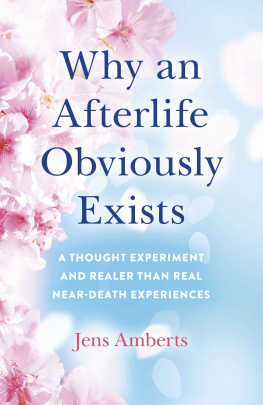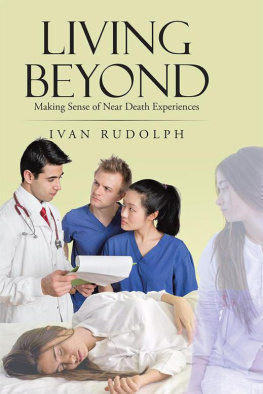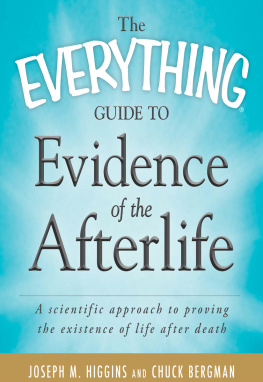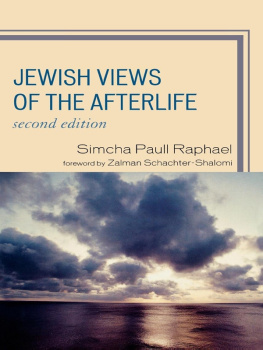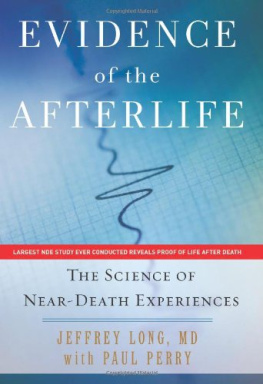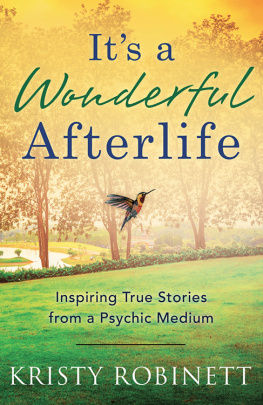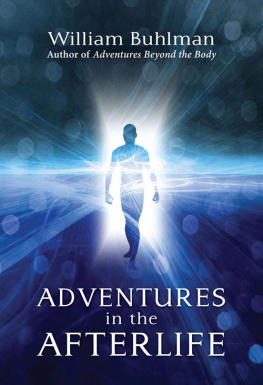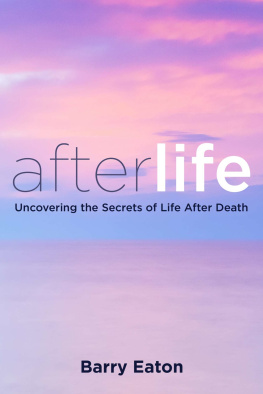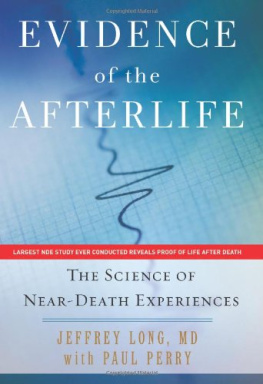To me ... this grace was given, that I should preach ... the unsearchable riches of Christ, and to make all see what is the fellowship of the mystery, which from the beginning of the ages has been hidden in God who created all things through Jesus Christ; to the intent that now the manifold wisdom of God might be made known by the Church to the principalities and powers in the heavenly places, according to the eternal purpose which He accomplished in Christ Jesus our Lord, in whom we have boldness and access with confidence through faith in Him. (Eph 3:812)
Ancient Egyptians have always been fascinated with unraveling the mysteries of death and the afterlife. For thousands of years, they collected their varied beliefs in writings and inscriptions which are collectively known as the Book of the Dead. Those beliefs were suddenly discarded about two thousand years ago when a messenger from God known by the name of Mark (the evangelist) taught my ancestors about the true path of salvation, through the Lord Jesus Christ. The Egyptians who worshipped idols eventually were counted among Gods people, as was prophesied hundreds of years before Christ was born in a manger. It was none other than the great prophet of IsraelIsaiahwho delivered the message:
Behold, the LORD rides on a swift cloud, and will come into Egypt; the idols of Egypt will totter at His presence, and the heart of Egypt will melt in its midst.
* * *
In that day there will be an altar to the LORD in the midst of the land of Egypt, and a pillar to the LORD at its border. And it will be for a sign and for a witness to the LORD of hosts in the land of Egypt; for they will cry to the LORD because of the oppressors, and He will send them a Savior and a Mighty One, and He will deliver them. Then the LORD will be known to Egypt, and the Egyptians will know the LORD in that day, and will make sacrifice and offering; yes, they will make a vow to the LORD and perform it. And the LORD will strike Egypt, He will strike and heal it; they will return to the LORD, and He will be entreated by them and heal them. (Is 19:1, 1922)
Thus, the ancient Egyptian symbol of lifethe ankhwas replaced by the true symbol of eternal lifethe cross.
I am the proud descendent of that rich history and owe my Christian beliefs to the fulfilled prophecy of God and the efforts of His apostle Mark. Yet, although we Egyptians learned of the true way of salvation, my ancient heritage crept into the present and has led me to wonder about what happens immediately after death and how to prepare for the journey. But that was not always the case. Although I am a Christian, I was not always a devout one. When I was in college, I could not have cared less about life after death, or at least I slowly drifted into passive acceptance that it did not matter. Then one night my mother showed me a copy of a document that altered the course of my life. It has also changed other peoples lives and is the catalyst that has led me to write this book some fifteen years later. That document contained an account, written in his own handwriting, of what is touted by many to be the afterlife experience of an Egyptian (i.e., Coptic) Orthodox Christian monk known as Father Botros (whose experience and life story can be found in Appendix A).
After that fateful day, I set out to examine the veracity of what Father Botros wrote, and I challenged my entire belief system as follows: if Orthodoxy is true, then all bona fide Orthodox Christian afterlife accounts and early Christian writings on the subject must be in harmony with one another. Therefore, I limited my search to Orthodox Christians, which includes the shared collective heritage of the Catholic and Orthodox Churches before the Great Schism between east and west, traditionally dated to the eleventh century, as well as those Christians since then who are regarded specifically as Orthodox Christians. Because Orthodox Christians can trace their practices and beliefs all the way back to the time of the apostles, they retain stories of Christian experiences that have since spanned two millennia, including afterlife accounts that have been lost, forgotten, or unintentionally neglected by many in recent times. The truth is (I came to learn) Christians have been relating their afterlife experiences since the time of the apostles.
As you might have guessed, I am an Orthodox ChristianCoptic Orthodox to be specific. I will admit that when I first read Father Botross writing, there were a few aspects that were quite novel to me. However, as I collected all the reliable writings about the afterlife I could get my hands on, both ancient and contemporary originating from all over the world, I was astonished to find that the most novel aspects of his story were, in fact, the most commonly understood beliefs pronounced by the early Christians, yet which have somehow evaporated, to a great extent, from the collective consciousness of Christians today. Each afterlife experience I came across not only fit within the paradigm of my belief system, but also provided intricate, mystical details about the hereafter that I had not known before. And they all seemed to be saying the same thing.
Instead of just recounting one persons afterlife experience, the several accounts provided will allow you the opportunity to compare and contrast their stories with each other, to assess their homogeneity and determine whether or not that amplifies their cumulative credibility. It is not my intent to impose upon you that you must believe every afterlife experience you will read, but rather it is up to you to determine that for yourself.
Furthermore, in order to set a solid Christian foundation for all of this, you are provided an abundant collection of teachings from the Holy Bible, along with an expansive selection of early historical Christian writings on the subject to further elaborate on the ancient Christian understanding of the afterlife. Those will be provided throughout the book so that you can assess whether or not the afterlife experiences recounted adhere to the tenets of Christianity. (Moreover, as you read you may want to refer to Appendix C, which provides a glossary of Orthodox people and terminology mentioned in this book.)
Now, for those who may feel apprehensive, considering this subject too speculative to be written about, allow me to leave you with one concluding remark made by St. Gregory of Nyssa (c. AD 335395) when he, too, set out to expound upon matters that had no clear answer :
For my part, in view of the difficulties of the subject proposed, I think the exclamation of the Apostle [Paul] very suitable to the present case, just as he uttered it over unfathomable questions: Oh, the depth of the riches both of the wisdom and knowledge of God! How unsearchable are His judgments and His ways past finding out! For who has known the mind of the Lord? [Rom 11:3334].
But seeing on the other hand that the Apostle [Paul] declares it a peculiarity of him that is spiritual to judge all things [1 Cor 2:15], and commends those who have been enriched by the divine grace in all utterance and in all knowledge [1 Cor 1:5], I venture to assert that it is not right to omit the examination which is within the range of our ability nor to leave the question here raised without making any inquiries, or having any ideas about it.... I assert ... it is ... well ... to introduce a certain order into the discussion and to lead the view on from one point to another.
You were in the Delight of the Paradise of God! [LXX] | You have been in Edenthe Garden of God! [Hebrew] | ( Ezek 28:13)
Before proceeding with some remarkable stories in the next, concluding chapter, there is an inquiry worth first engaging in. All of the stories mentioned previously that describe Paradise as resembling some massive garden begs the question: is the Garden of Eden equivalent to the Paradise of Joy to which spirits depart? Otherwise, what is their connection, if any?


